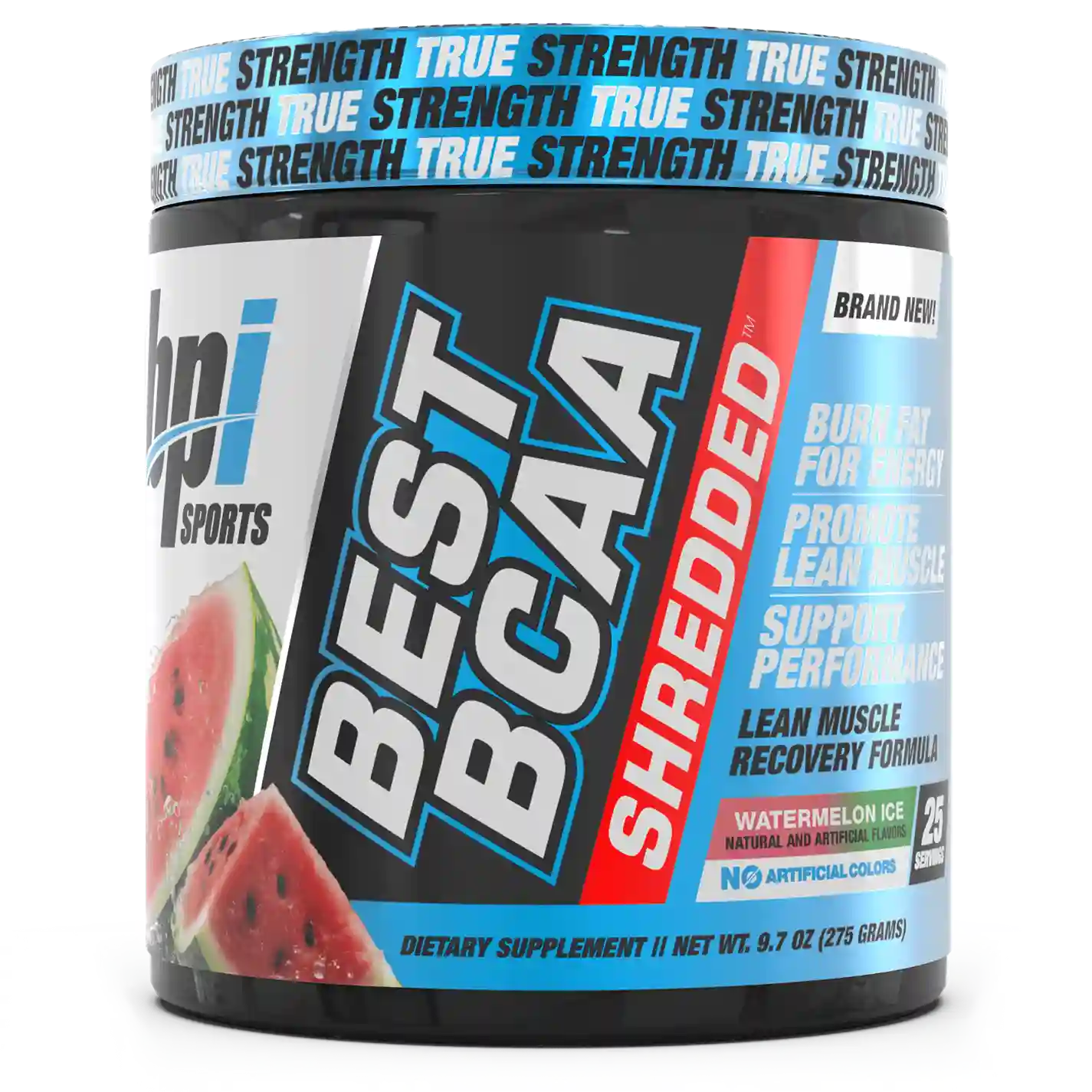Creatine monohydrate has long been used in the fitness industry for its crazy benefits for muscle growth and strength. However, recent studies have begun to reveal that its potential extends far beyond the gym, showing promising benefits for brain health and cognitive function. If you aren't already using a Creatine product, you may want to after reading this article!
Boosting Muscle Growth and Strength
Creatine monohydrate is a naturally occurring compound found in small amounts in certain foods and synthesized by our bodies. It plays a crucial role in the production of adenosine triphosphate (ATP), which is the primary energy carrier in cells. This is why athletes of all kinds can benefit from its supplementation. More ATP in theory should lead to more energy for your workouts.
Key Benefits for Muscle and Strength:
- Enhanced Energy Production: By increasing the availability of ATP, creatine allows for improved performance during high-intensity workouts. This means you can lift heavier weights, perform more repetitions, and experience less fatigue.
- Muscle Hypertrophy: Creatine supports muscle growth by drawing water into muscle cells, leading to increased cell volume and potentially promotes more of the body's muscle protein synthesis to kick in.
- Improved Recovery: Supplementation with creatine has been shown to reduce muscle cell damage and inflammation following exhaustive exercise, aiding recovery and better overall performance in subsequent workouts.
Brain Health Benefits
Beyond its well-documented benefits for physical performance, creatine monohydrate is gaining attention for its potential cognitive benefits. The brain, much like muscles, relies heavily on ATP for energy. During periods of high cognitive demand, creatine can enhance the brain's energy metabolism, which may improve cognitive functions and protect against neurological diseases.
Neuroprotective Properties:
- Enhanced Cognitive Function: Studies have shown that creatine supplementation can improve short-term memory and intelligence in healthy individuals, particularly during tasks that demand significant mental effort .
- Protection Against Neurodegenerative Diseases: Emerging research suggests that creatine may have a protective effect against neurological diseases such as Alzheimer's and Parkinson's. By maintaining cellular energy homeostasis, creatine helps in reducing oxidative stress and mitochondrial dysfunction, which are critical factors in the progression of these diseases .
Are you convinced?
Creatine monohydrate stands out not only as a powerful supplement for muscle growth and strength but also as a promising supplement for brain health. Its ability to enhance cognitive function and potentially slow the progression of neurodegenerative diseases makes it a supplement that should be on EVERY person's radar. Not just athletes.
At BPI Sport's we offer two different kinds of creatine for our community. Best Creatine, and Micronized Creatine. Best Creatine is a flavored version of creatine so it is super easy to get down and drink throughout your day! Micronized Creatine is an unflavored version that dissolves extra fast into your water/shake! Whichever option you go with, you will reap the benefits! Always consult with a healthcare provider before starting any new supplement to ensure it’s appropriate for your individual health needs.
References
- Rae, C., Digney, A. L., McEwan, S. R., & Bates, T. C. (2003). Oral creatine monohydrate supplementation improves brain performance: a double–blind, placebo-controlled, cross-over trial. Psychopharmacology (Berl), 167(4), 428-432.
- Benton, D., & Donohoe, R. (2011). The influence of creatine supplementation on the cognitive functioning of vegetarians and omnivores. British Journal of Nutrition, 105(7), 1100-1105.
- Tarnopolsky, M. A., & Beal, M. F. (2001). Potential for creatine and other therapies targeting cellular energy dysfunction in neurological disorders. Annals of Neurology, 49(5), 561-574.
- McMorris, T., Mielcarz, G., Harris, R. C., Swain, J. P., & Howard, A. (2007). Creatine supplementation and cognitive performance in elderly individuals. Neuropsychology, Development, and Cognition. Section B, Aging, Neuropsychology and Cognition, 14(5), 517-528.
- Jash, S., & Kamat, P. K. (2017). Creatine prevents neuroinflammation and cognitive decline in an amyloid-β induced Alzheimer's disease model. Free Radical Biology and Medicine, 113, 273-290.
This blog was written by Jonah Goldsmith, an employee of BPI Sports. The facts and opinions in this blog, are Jonah's personal opinions and should not be interpreted as a communication from BPI Sports LLC.


